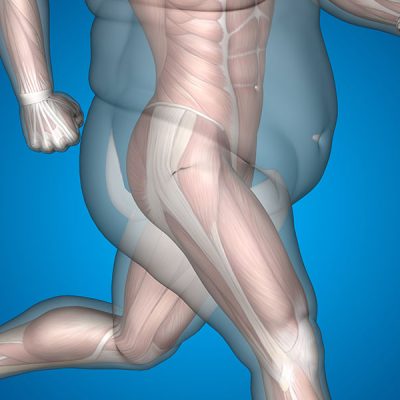
Chillies becoming hot topic in fight against obesity
Researchers in Australia have investigated the association between hot chilli pepper receptors (TRPV1) and the feeling of fullness in mice. As the stomach fills it begins to stretch, which activates nerves that inform the body that the stomach is filling and when it has reached capacity. The researchers found that this activity is regulated by TRPV1 receptors, also known as hot chilli pepper receptors. This builds on previous knowledge that capsaicin, the chemical that makes chillies hot, reduces food intake in humans.
The study also found that deletion of TRPV1 receptors dampened the response of gastric nerves to stretch. This resulted in a delayed feeling of fullness and consumption of more food, showing that the capsaicin mechanism is potentially vital in controlling how much food we eat. Dr Stephen Kentish, one of the study authors, hopes to ‘see how feasible this is as a potential treatment not just for obesity itself but maybe in the prevention of gaining weight.’ These exciting findings could inform further research in this area and lead to the development of novel therapies.




